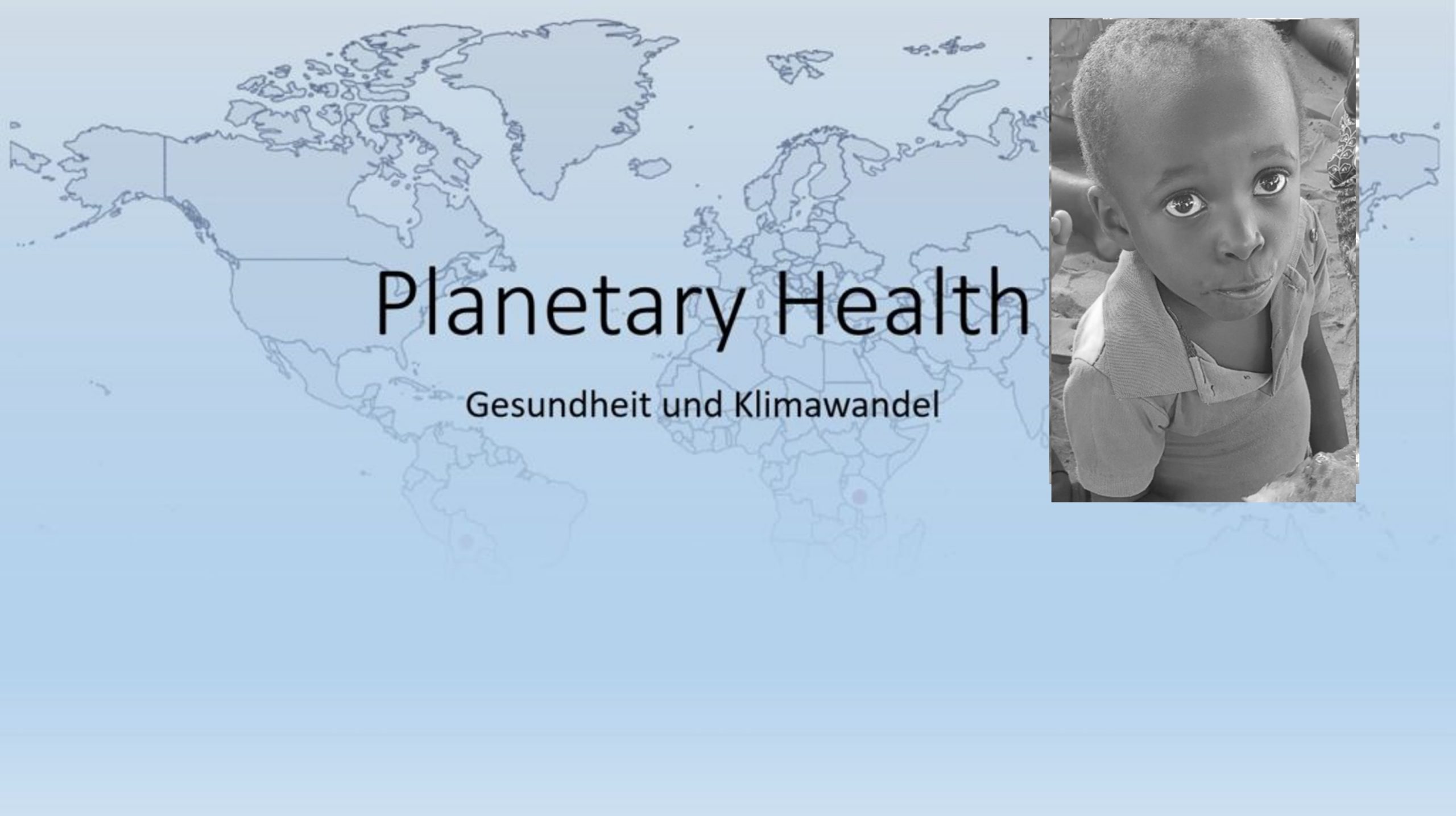You probably know this too: before traveling to a country in the tropics, preventative measures are necessary. These include, for example, a visit to the tropical doctor to find out about the risk of malaria, dengue fever and other tropical diseases. Vaccinations are often recommended or even mandatory. Some medicines that are not needed in this country should definitely be in your luggage. Other precautionary measures include avoiding being outdoors at dusk, as the insects that transmit the disease are particularly active at this time, and wearing long-sleeved tops, Myanmar and Tanzania, these preventive measures are also necessary.
And now imagine that all this would no longer be necessary! Why? Because we have the same diseases and problems!
Impossible? Unfortunately not! Because climate change means that today's 'tropical' diseases are also spreading to our regions. The malaria-transmitting Anopheles mosquito is already present in Germany. Many other infectious diseases have increased in recent years. For example, tick-borne TBE (tick-borne encephalitis) is being diagnosed more frequently than in the past.
The problem here is that the carriers of the pathogens - the so-called vectors - will feel more comfortable here in the future due to the changed climatic conditions and will be able to reproduce better. Milder and shorter winters will extend their lifespan. It is to be hoped that thanks to our good healthcare system, available vaccines and medicines, these diseases will not have the same consequences here as in developing countries. In Tanzania, for example, which has the fourth highest number of malaria cases in the world, 30,000 people die every year. 80 percent of them are small children.
Many national and international efforts have already declared war on infectious diseases. Unfortunately, however, it must be assumed that this battle is far from being won, as climate change is causing the number of infections to rise again. The reason here is different: it is the immune system: many of the regions are threatened by increasing droughts and floods, which in turn leads to crop failures. Failing harvests inevitably lead to famine. And starving bodies have a severely weakened immune system and are therefore more susceptible to infectious diseases. These then not only spread more rapidly, but also have a much more severe course.
Various measures must therefore be taken urgently to prevent the spread of pathogens in our country and to improve the situation in developing countries. This includes closely monitoring the spread of pathogens and developing new vaccines and medicines. Combating malnutrition is also an important part of this, which is why we are particularly active in this area. And every individual can make a contribution by being climate-conscious in their everyday life.



